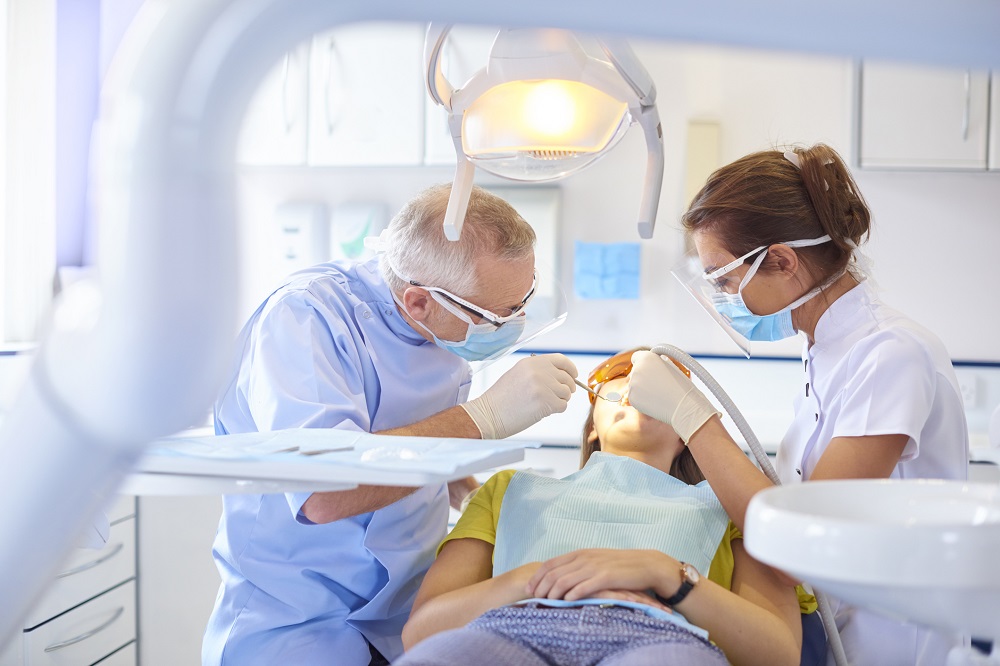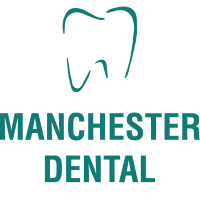
The final set of adult teeth to erupt are wisdom teeth, also referred to as our third molars. When people reach the age of 18 to 25 years, wisdom teeth are likely to emerge. To avoid discomfort, infection, and other oral health issues, many people require the removal of their wisdom teeth.
Sometimes wisdom teeth erupt normally and without any problems. However, wisdom teeth can frequently become impacted in the jawbone or gums. When this occurs, it may lead to dental health problems such as infection, cavities, gum disease, and others. Your dentist near you may advise a wisdom tooth extraction in such circumstances.
Patients should consider having their wisdom teeth removed if they have any of the following:
- Misaligned teeth
- Overcrowded teeth
- Wisdom teeth are partially or completely trapped in the jaw
- Inflammation, swelling, cyst, or soreness
- Erupting in improper angle
If our dentist in Edmonton advises wisdom teeth extraction, it is imperative to have it done before the age of 25, because as you age, the roots lengthen and harden in the jaw, making the extraction more complex.
Recovering From Wisdom Tooth Extraction
Based on your state and general health, wisdom tooth removal recovery can take one to two weeks. Follow these suggestions to expedite your recovery after your wisdom tooth extraction.
1. Keep your head elevated for a few days.
When you are lying flat, blood volume and blood vessel tone around the wound expand, causing it to throb. In order to lessen swelling and speed recovery, it is recommended to sleep with your head elevated.
2. Apply cold compress
For the first three days following the procedure, applying an ice compress to your cheeks frequently can help relieve discomfort, soreness, and inflammation.
3. Preclude dry sockets
When a blood clot forms at the location of the extraction and becomes dislodged, a dry socket emerges. A dry socket can be distressing and delay healing, and it is most prevalent during the first two to three days following your procedure.
Here are a few recommendations to help avoid a dry socket:
- Before applying fresh gauze pads to the extraction site, it is best to wet them with water.
- Avoid using a straw to drink, smoking, robust rinsing, and any other suction-based activities.
- Avoid hard and crunchy foods
- Consume dentist-recommended antibiotics
4. Massage your jaw
Your mouth is kept open wide during the removal of your wisdom teeth, which can cause temporary trismus, also known as lockjaw, which causes tense or sore muscles and chronic pain disorder. One of the muscles that aid in chewing, the masseter, is prone to soreness following the procedure. By massaging your muscles, you can relieve jaw tension and recover more quickly.
5. Reduce inflammation
To effectively manage discomfort at the extraction area, inflammation must be prevented. Take any prescribed anti-inflammatory medicines as directed to decrease your risk of this condition because it starts to develop 48 hours after your extraction.
6. Consume coconut water
Your body can be nourished, hydrated, and your gum irritation can be relieved with coconut water. When you are unable to consume solid foods, it also aids in blood sugar stabilization and electrolyte replacement, promoting a quicker recovery.
7. Rinse your mouth with salt water
To keep the wound clean after two days, carefully rinse your mouth several times each day with warm salt water. To speed up your healing after getting tooth extractions near you, it is also vital to get enough rest.
Visit Manchester Dental if you have any concerns regarding your dental health. We have a team of experts who offer tooth extractions in Edmonton to relieve the pain and discomfort caused due to your dental health issues.
Contact our dentist in Edmonton and arrange your appointment.

